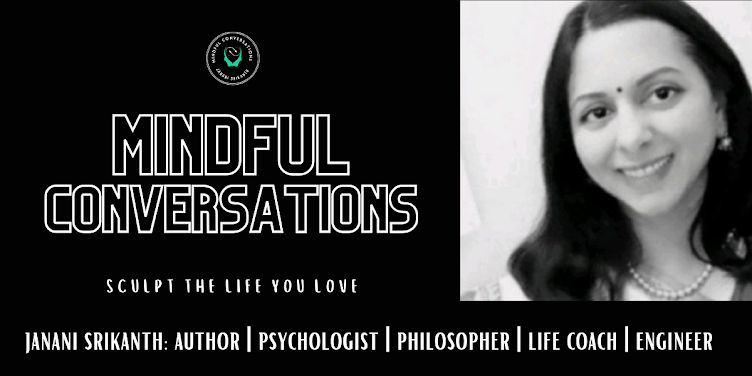Sometimes, people feel sorry for themselves.
It arrives quietly.
A heaviness that lingers under the surface.
The sense that you have been steady for too long without pause.
Life keeps moving, responsibilities stay constant, and somewhere along the way emotional energy begins to thin. In that space, a softer emotional response begins to form. Not dramatic, not attention seeking, just a private awareness of strain that has gone on longer than expected.
Self pity often follows endurance.
Adapting for longer than you realised you were capable of.
Showing up even when it felt uneven.
Holding composure when things asked more than they gave back.
The feeling is less about wanting sympathy and more about noticing how much has been carried without acknowledgment.
It shows up as fatigue that rest does not fully resolve.
A subtle awareness of being overlooked.
A private thought that surfaces unexpectedly. Why does this feel harder for me?
Left unattended, self pity narrows perception.
Attention settles on what feels unfair or unresolved. The mind keeps a quiet account of effort and outcome.
Movement slows.
Clarity softens.
Agency feels distant, not because strength is absent, but because awareness has folded inward for too long.
Acknowledgment creates space.
Naming the feeling gently allows distance.
Distance restores perspective.
From there, the question shifts toward adjustment. What needs to change so that forward movement feels possible again.
Life does not distribute difficulty evenly, yet seasons move.
Heavy phases stretch time, but they do not define an entire life.
What feels heavy now does not hold the same weight forever.
இதுவும் கடந்து போகும். This too shall pass.
There is a song by the talented singer Sid Sriram that carries this feeling gently. The voice, the pauses, the ache beneath the melody. It feels less like music and more like someone sitting beside you in understanding. Sid sings with a rare kind of emotional precision. Every word feels lived in. Every note carries intention. He does not rush the feeling or overpower it. He stays with it, allowing the listener to recognise their own quiet spaces inside the song. That empathy in his voice turns music into a moment of healing, where emotion is not performed but deeply felt. You can listen to the song here: https://open.spotify.com/track/6voQcZ46RMVPfg6O7sBn5U
Sometimes music becomes the quiet bridge between endurance and release, holding emotion without trying to solve it.

.jpg)
